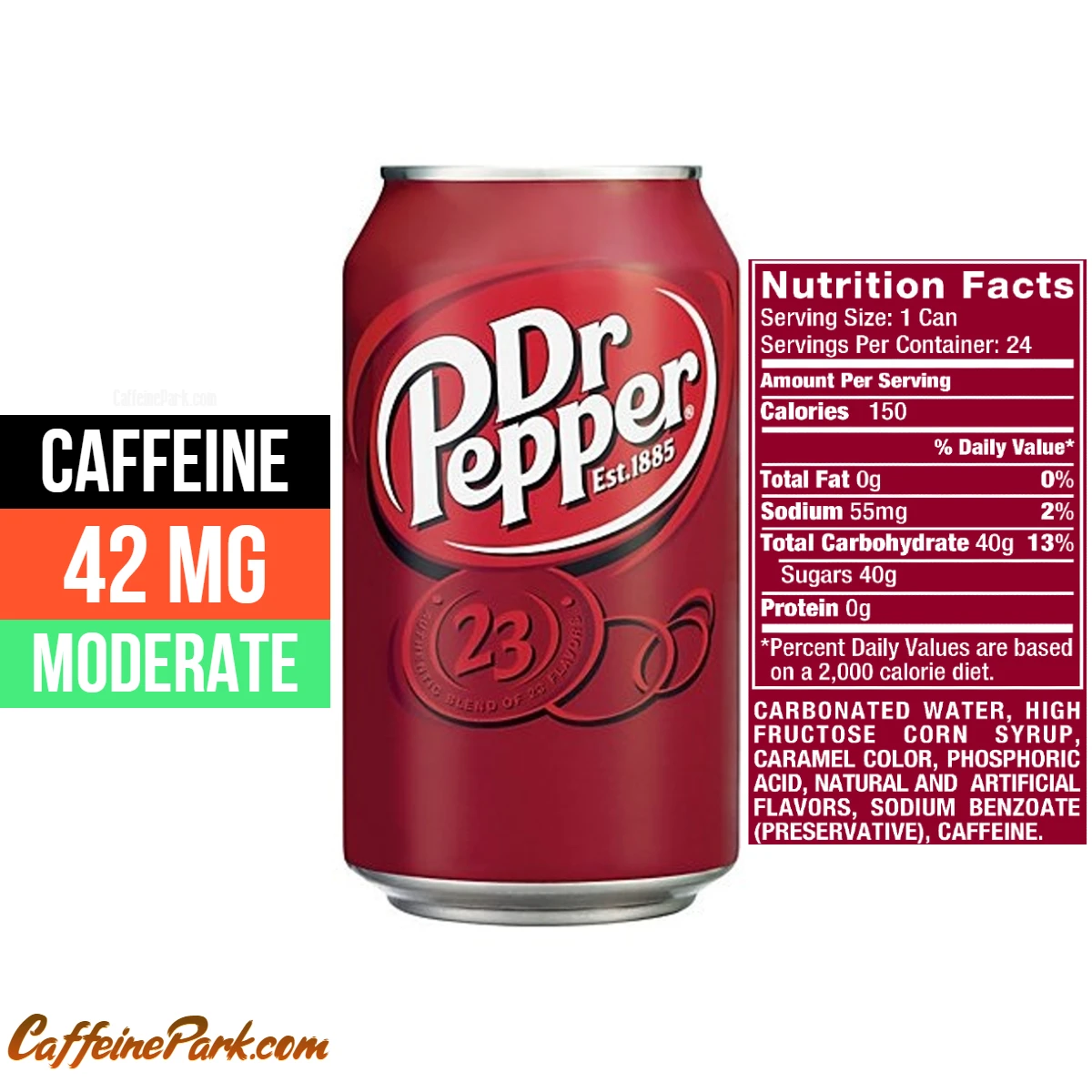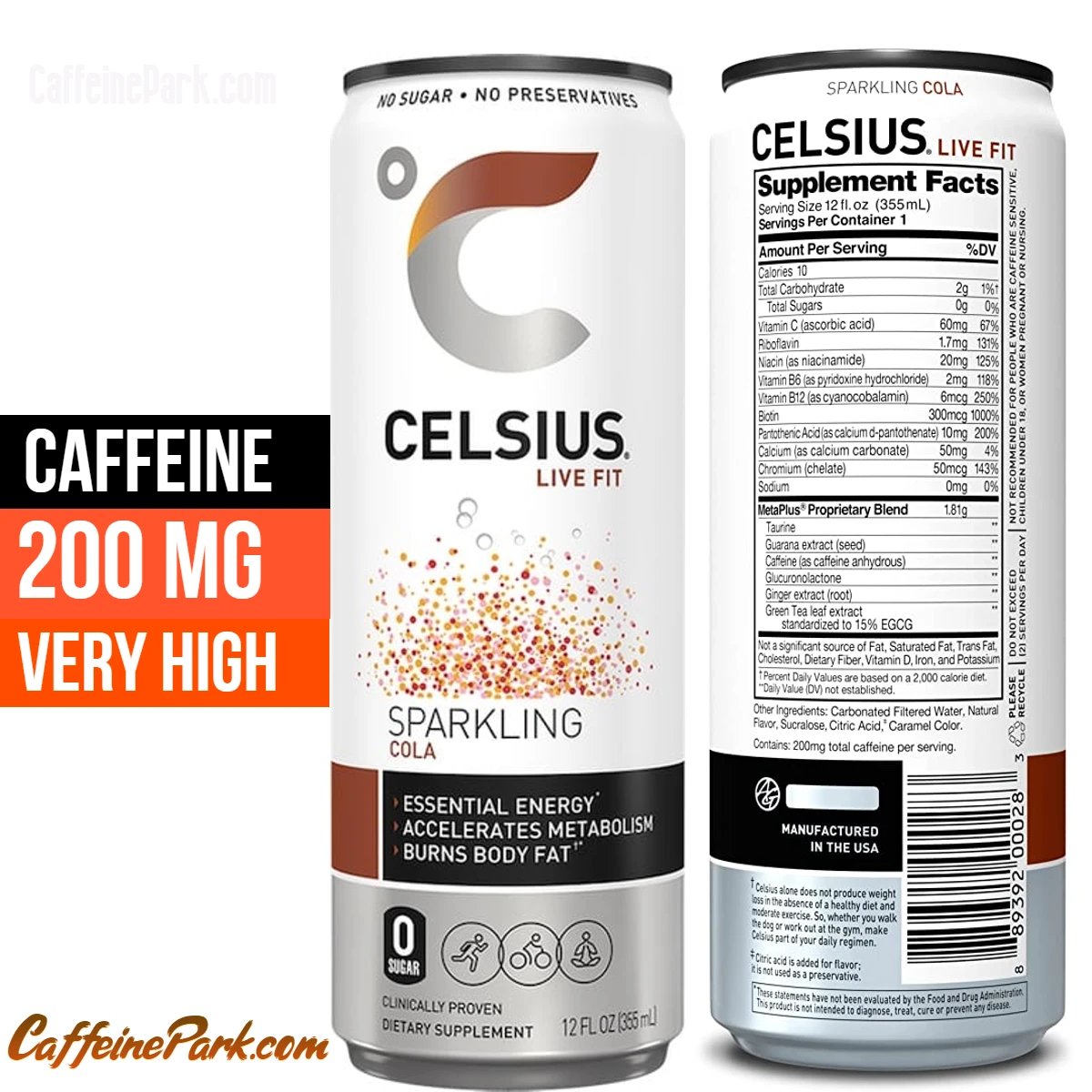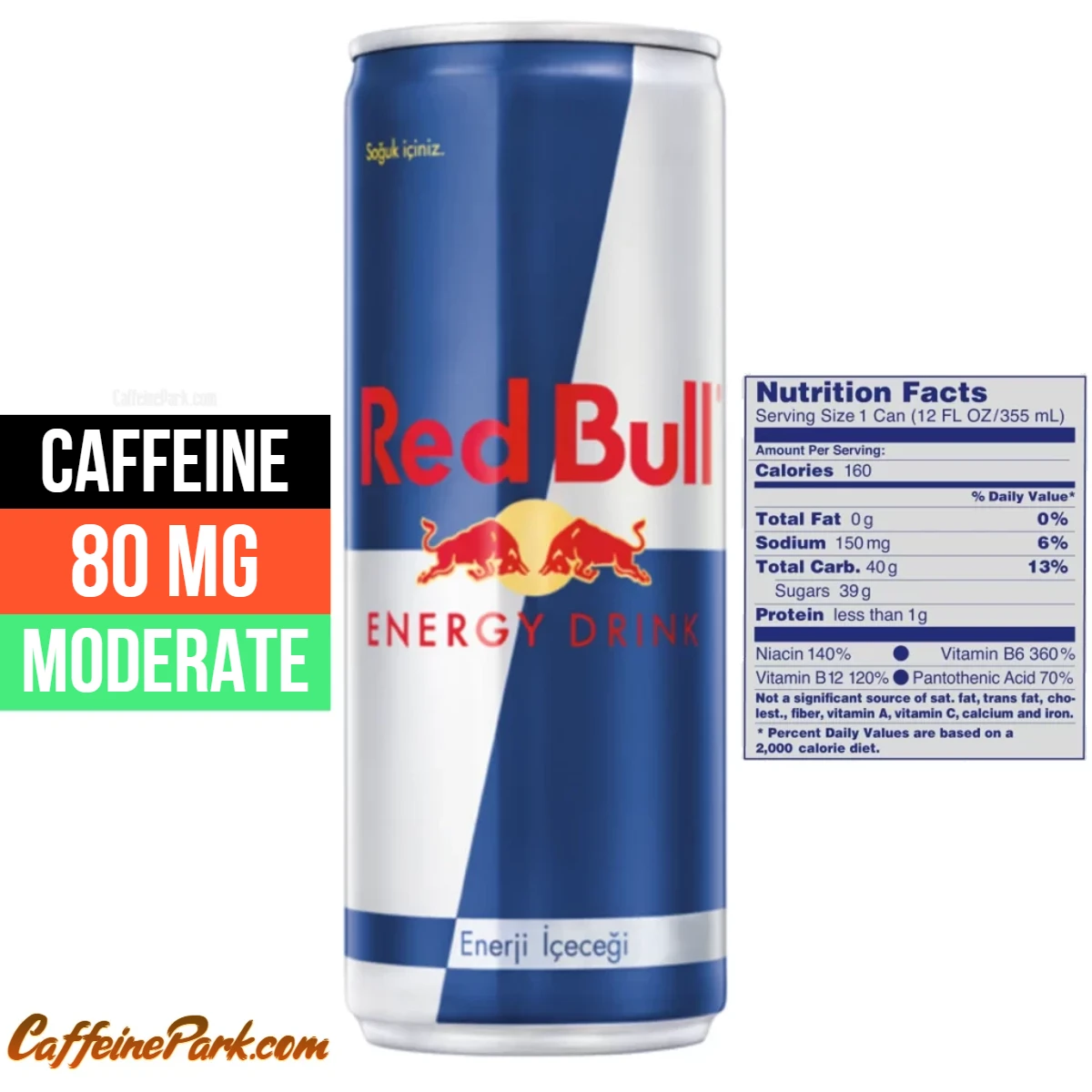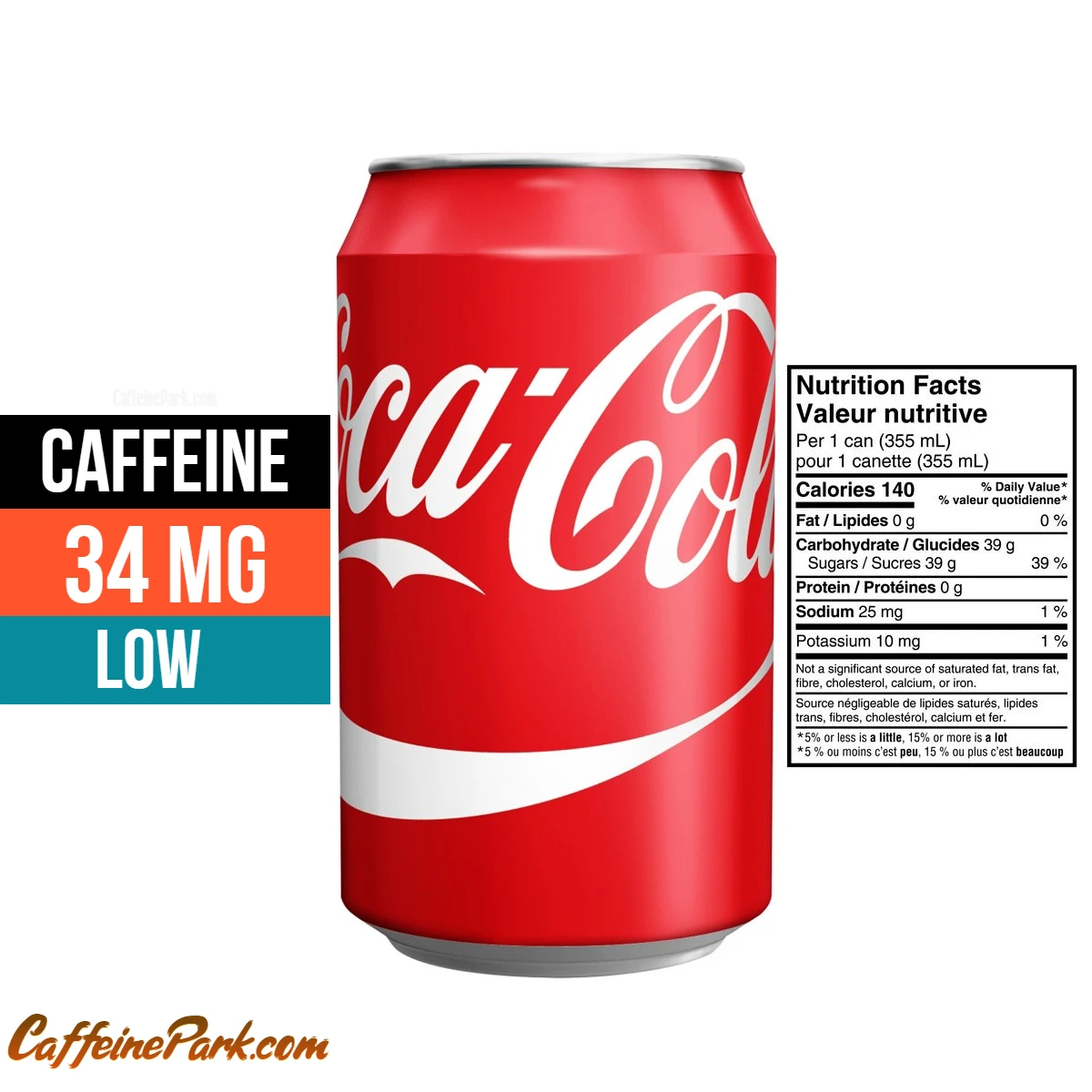Lemon Ginger Tea Caffeine Content

Everything You Need to Know About Lemon Ginger Tea and Caffeine Content, Lemon ginger tea, made from only ginger and lemon, does not contain caffeine.
Hey there! Are you a tea lover who’s looking for a warm, cozy beverage that can help you start your day or soothe your senses at night? If so, you might want to try lemon ginger tea. This popular tea blend combines the zesty tang of lemon with the warm spiciness of ginger, creating a refreshing and comforting drink that’s enjoyed by many people around the world.
However, if you’re sensitive to caffeine, you might be wondering whether lemon ginger tea contains this stimulant. After all, caffeine is known to increase alertness, improve focus, and even enhance athletic performance, but it can also disrupt sleep, cause anxiety, and trigger other side effects in some people.
To help you make an informed decision about whether lemon ginger tea is right for you, let’s explore its caffeine content in more detail.
What is Lemon Ginger Tea?
First things first, let’s clarify what lemon ginger tea is and how it’s made. Lemon ginger tea is a type of herbal tea that’s typically made by steeping dried or fresh ginger root and lemon slices or juice in hot water. Some recipes also add honey, cinnamon, or other spices to enhance the flavor and health benefits of the tea.
Herbal teas, also known as tisanes, are different from true teas like black, green, and oolong tea, which all come from the Camellia sinensis plant. Herbal teas are made from various plant parts, such as flowers, leaves, roots, or fruits, and do not contain caffeine unless they’re blended with true tea leaves or other ingredients that add caffeine.
Lemon ginger tea is known for its tangy, spicy, and refreshing taste, as well as its many potential health benefits. Some of the compounds found in lemon and ginger, such as vitamin C, antioxidants, and anti-inflammatory agents, may help boost the immune system, aid digestion, reduce inflammation, relieve pain, and promote relaxation.
How Much Caffeine is in Lemon Ginger Tea?
Now that we know what lemon ginger tea and caffeine are, let’s get to the main question: does lemon ginger tea contains caffeine, and if so, how much?
The answer is: it depends. Lemon ginger tea itself, made from only ginger and lemon, does not contain caffeine since neither of these ingredients is a true tea leaf. However, some commercial brands of lemon ginger tea may contain small amounts of caffeine if they’re blended with true tea leaves, such as black or green tea.
To find out the caffeine content of a particular brand of lemon ginger tea, you can check the label or contact the manufacturer. Generally, the caffeine content of tea varies depending on factors such as the type of tea, the processing method, the brewing time and temperature, and the amount of tea leaves used.
For example, a standard cup of black tea contains about 47 milligrams of caffeine, while a cup of green tea has about 28 milligrams. However, the caffeine content can range from 14 to 61 milligrams per cup depending on the specific type and preparation.
If you’re looking for a caffeine-free lemon ginger tea, you can make your own by steeping fresh or dried ginger and lemon in hot water for several minutes. You can also experiment with adding other herbs and spices, such as mint, chamomile, or cardamom, to create your own unique blend.
Benefits of Drinking Lemon Ginger Tea
Now that we know that lemon ginger tea does not necessarily contain caffeine, let’s take a look at some of the potential health benefits of this flavorful beverage.
Soothes Nausea and Digestive Issues
Both ginger and lemon are known for their digestive properties. Ginger has been used for centuries as a natural remedy for nausea, vomiting, and stomach pain, while lemon juice may help stimulate the production of digestive enzymes and promote bowel movements.
Drinking lemon ginger tea may help relieve digestive issues, such as bloating, indigestion, and acid reflux, and may also alleviate symptoms of motion sickness, morning sickness, or chemotherapy-induced nausea.
Boosts Immune System
Lemon ginger tea contains high amounts of vitamin C, an antioxidant that helps strengthen the immune system and protect against infections and diseases. Ginger also contains compounds called gingerols and shogaols that have anti-inflammatory and anti-microbial properties, which may help fight off pathogens and reduce inflammation in the body.
Drinking lemon ginger tea may help prevent colds, flu, and other respiratory infections, and may also promote wound healing and improve overall skin health.
Reduces Inflammation and Pain
Ginger and lemon both contain compounds that may help reduce inflammation and pain in the body. For example, gingerols and shogaols in ginger may inhibit the production of pro-inflammatory molecules and modulate pain receptors in the brain, while citric acid in lemon may help dissolve uric acid crystals that cause gout and arthritis.
Drinking lemon ginger tea may help alleviate muscle soreness, menstrual cramps, joint pain, and other types of pain and inflammation.
Promotes Relaxation and Sleep
Although lemon ginger tea does not contain caffeine, it may still have a calming effect on the body and mind. Lemon has a refreshing and uplifting aroma that may help reduce stress and anxiety, while ginger may help relax the muscles and promote blood flow.
Drinking lemon ginger tea before bedtime may help improve sleep quality and duration, and may also reduce insomnia and other sleep disorders.
Enhances Brain Function
While caffeine is known for its cognitive-enhancing effects, lemon ginger tea may also have some benefits for brain function. For example, the antioxidants in lemon and ginger may help protect the brain from oxidative stress and age-related decline, while the anti-inflammatory properties may help reduce the risk of neurological disorders such as Alzheimer’s and Parkinson’s disease.
Drinking lemon ginger tea may help improve memory, concentration, and mood, and may also enhance overall cognitive performance.
How To Brew Lemon Ginger Tea
Brewing lemon ginger tea is a refreshing and healthy way to start your day or unwind after a long day. Here’s how you can make it at home:
Ingredients:
- 1-inch piece of ginger, peeled and sliced
- 2 cups of water
- 1 lemon, sliced
- Honey or sweetener of your choice (optional)
Instructions:
- In a small pot, add ginger slices and water. Bring it to boil and let it simmer for 5-10 minutes. This will help infuse the ginger flavor in the water.
- Turn off the heat and let the mixture cool down for a minute or two.
- Strain the ginger water into a teapot or mug. Discard the ginger slices.
- Add lemon slices to the ginger water.
- Cover the teapot or mug and let it steep for 5-10 minutes.
- If you prefer your tea sweet, add honey or your preferred sweetener.
- Stir and enjoy!
Note: You can adjust the amount of ginger, lemon, and sweetener according to your taste preference.
Final Thoughts
In conclusion, lemon ginger tea is a delicious and healthy beverage that can offer many potential benefits for your body and mind. While it does not necessarily contain caffeine, some brands of lemon ginger tea may include small amounts of this stimulant if they’re blended with true tea leaves.
If you’re sensitive to caffeine or prefer a caffeine-free option, you can make your own lemon ginger tea at home using fresh or dried ginger and lemon. Whether you drink it in the morning to start your day or in the evening to wind down, lemon ginger tea is a wonderful addition to your daily routine.
Alternative to Lemon Ginger Tea
If you’re looking for an alternative to lemon ginger tea, there are many other herbal teas and beverages that you can try. Here are a few options to consider:
- Peppermint Tea: Peppermint tea is a popular herbal tea that is known for its refreshing flavor and soothing properties. It may help relieve digestive issues, such as bloating, gas, and stomach pain, and may also promote relaxation and reduce stress and anxiety.
- Chamomile Tea: Chamomile tea is a gentle and calming tea that may help alleviate insomnia, anxiety, and digestive issues. It has a sweet and floral flavor and is caffeine-free, making it a great option to drink before bedtime.
- Turmeric Tea: Turmeric tea is a spicy and warming tea that is made with the root of the turmeric plant. It contains curcumin, a powerful anti-inflammatory and antioxidant compound that may help reduce inflammation in the body and improve brain function.
- Green Tea: If you’re looking for a caffeinated option, green tea is a great choice. It contains caffeine and also has high amounts of antioxidants called catechins, which may help reduce the risk of chronic diseases such as heart disease and cancer.
- Hibiscus Tea: Hibiscus tea is a tart and tangy tea that is made from the dried calyces of the hibiscus flower. It is rich in vitamin C and antioxidants and may help lower blood pressure and cholesterol levels.
These are just a few of the many herbal teas and beverages that you can try as an alternative to lemon ginger tea. Experiment with different flavors and ingredients to find the ones that you enjoy the most and that offer the most health benefits for your body and mind.
FAQs
It depends on the brand and type of lemon ginger tea. Some blends may include small amounts of caffeine if they’re mixed with true tea leaves, such as black, green, or white tea. However, many lemon ginger teas are caffeine-free and made only with herbal ingredients, such as ginger root, lemon peel, and lemongrass. Always check the label or ask the manufacturer to confirm the caffeine content of your lemon ginger tea.
The caffeine content of lemon ginger tea can vary widely depending on the brand and preparation method. Some blends may contain as little as 10-15 milligrams of caffeine per serving, while others may have up to 50 milligrams or more. If you’re sensitive to caffeine, it’s best to choose a caffeine-free lemon ginger tea or brew your own using only herbal ingredients.
Drinking lemon ginger tea may offer many potential health benefits, including relief from digestive issues, reduced inflammation and pain, enhanced brain function, and improved relaxation and sleep. Ginger has been used for centuries to soothe upset stomachs and nausea, while lemon may help boost the immune system and support healthy skin. Together, they create a delicious and nutritious beverage that can be enjoyed any time of day.
Lemon ginger tea is generally considered safe to drink before bed, especially if you choose a caffeine-free blend or make your own using only herbal ingredients. In fact, the relaxing and soothing properties of ginger and lemon may help promote better sleep and reduce anxiety and stress. However, everyone is different, so it’s best to listen to your body and avoid drinking large amounts of any beverage right before bed, as it may disrupt your sleep.
Read More:





